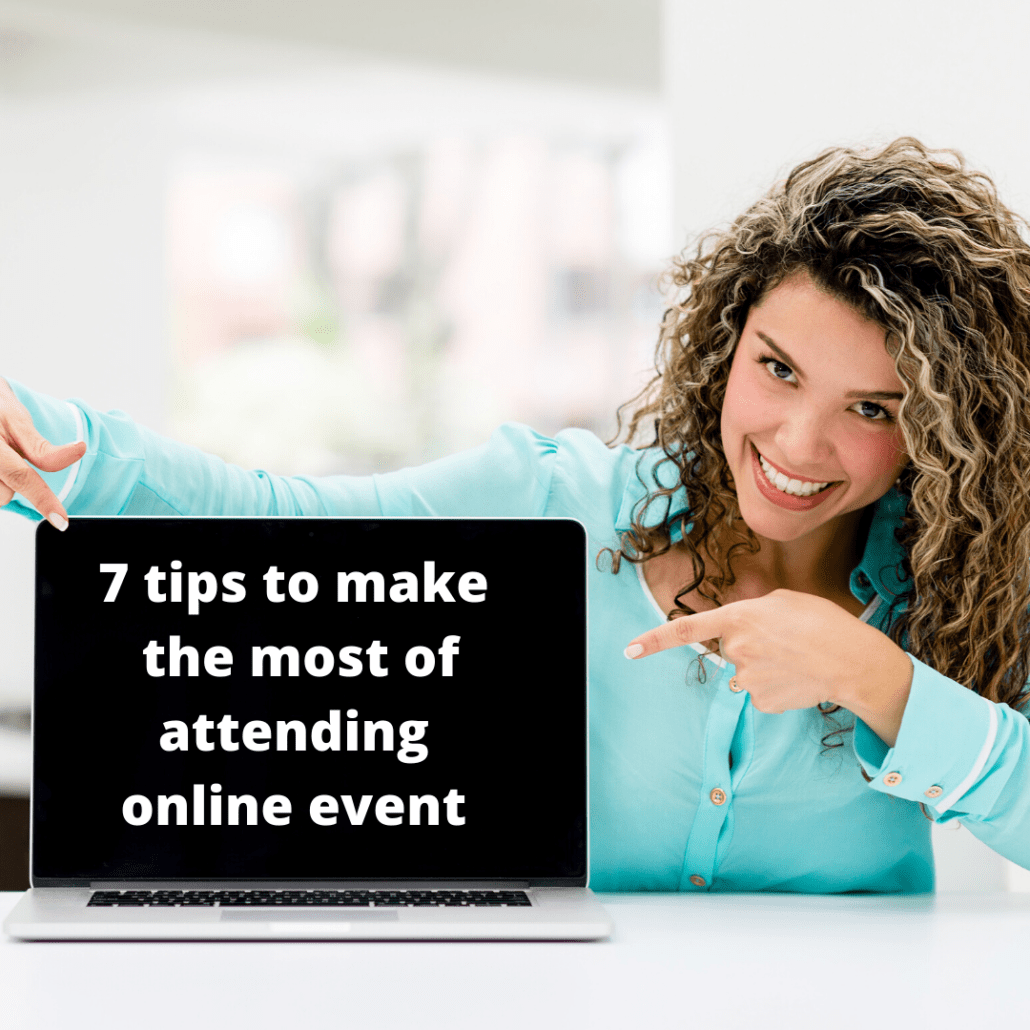For the last 2 or 3 weeks there have been a lot of articles, tips and advice on how to pivot to digital and create fantastic online event experience shared among event community. Right now, event planners are on the steep learning curve about making online events as efficient and satisfactory as possible, and oftentimes it’s not that easy as one may think. But this post is not about tips for eventprofs. Since part of my consulting is about helping event participants to attend meaningfully, I was thinking about how they feel about their event experience in these changed circumstances. It turns that it is equally uneasy for participants of our (emerging) online events to switch to this new mode and make the most out of online participation. I can clearly see it can be confusing and frustrating, partly because right now the online experiences are not ideal, and also because event participants themselves are not necessarily well familiar with technologies and virtual environment ‘rules’. So what do they need to know and do in order to adopt the new ways events are being made and adapt to it with max benefits? Here are some thoughts for online event attendees.

1.Know your why and choose wisely. This is my first advice for off-line events, too. However, online there are literally 100x more events potentially as much interesting so it’s super critical to know what exactly you want to achieve by attending, and if the event you choose fits your goals.
2. Value your time. This is somewhat a continuation of the previous one as it also refers to your goals. Now more than ever you have more time available: to participate in online event, you don’t need to travel and therefore you’ve got the luxury of some (sometimes significant) extra time which you may spend in different ways. So think about what you would like to do with it? Another (online) event? Family time? Other options for professional or personal development? Nothing?
3. Get to know some basics: familiarize yourself with tech platforms that are popular and most likely to be used (e.g. Zoom). It does not need to be too deep or complicated; but when you get to know it better you’d feel more confident when using it (and less nervous if something goes wrong). Same with online “etiquette” – update yourself on rules of video conferencing, virtual gatherings and events. It may sound like a no-brainer, but it’s these little details that make you feel different when time comes.
4. Commit to the time of the online event you chose to attend. Event organisers put a lot of efforts into engaging participants, but due to the nature of online experience they can not influence as many things and remove distractions which vary from your smartphone to kids jumping around. So you can help event organisers make your online experience better if you commit to be as much present as possible and structure your time (which is a good thing to do anyway, from behavioral science perspective). More precisely, it means
- blocking off this time in your calendar when you register for event,
- no multitasking during the event (smartphone is probably the biggest distraction – scientists claim the mere presence of a phone is distracting! – so I’d recommend you download Forest to solve the issue), and
- reserving some time to follow-up, reflect on the event outcomes and connect with those you met during the online event – just like with a traditional event.
5. Do the set up and tune-in emotionally. It’s tempting to attend online event in your pajamas, and although there is nothing wrong with it, I’d recommend using whatever brings you in ‘business’ mode – be that putting on a business look (or part of it) or setting up your desk in a specific way. By doing so you tell your brains it’s time to concentrate and learn, and activate yourself to get max out of participation, just like at an off-line event.
6. Use unique benefits online event offers. For example, it expands geography of participants to the entire world by definition, so it means you’ve got an outstanding opportunity to meet people you would not meet otherwise. Don’t miss out on such opportunity.
7. Try things out. Don’t be shy! I can promise the organisers will offer you different ways to engage, from traditional chat rooms and Q&As to less traditional and new options like polls, 1:1 video conversations, braindates, virtual break out sessions and so on. You can only know what works for you if you really test it out for yourself.
Finally, as a reminder – here you can find some more tips based on scientific insights. Please share this post with your fellows who frequently attend business events. Knowledge is power, and I hope the above will help you attend meaningfully online as well.



